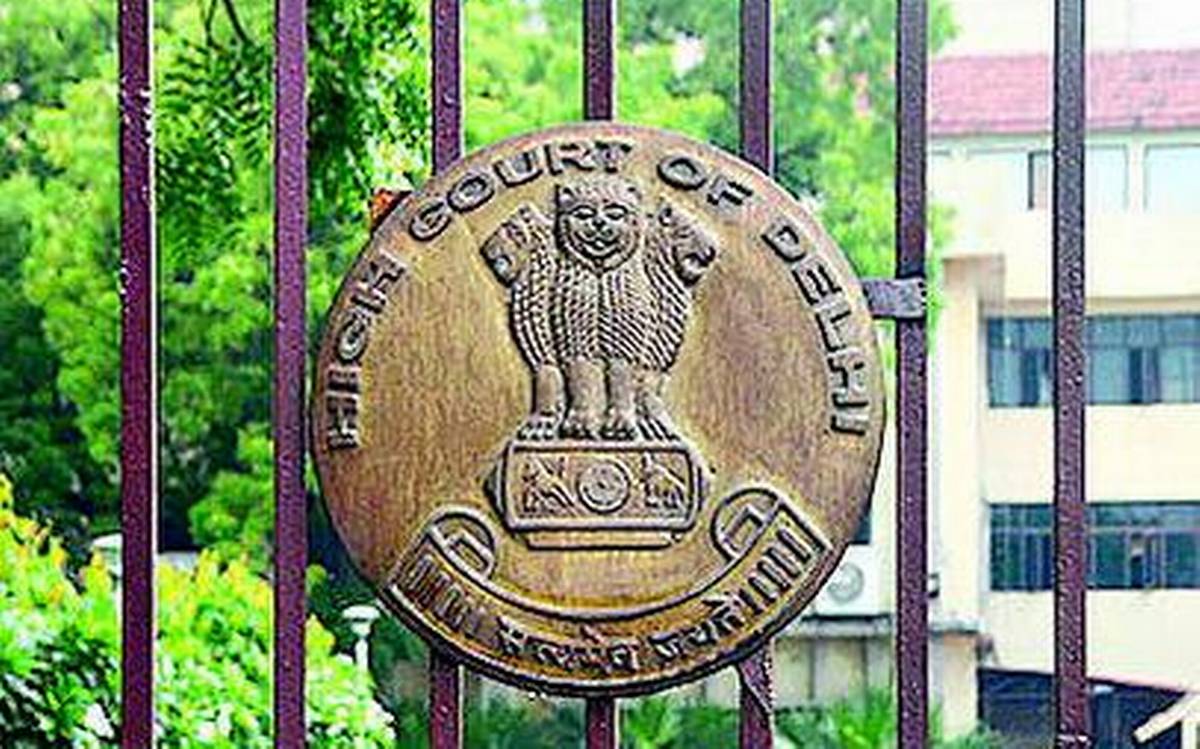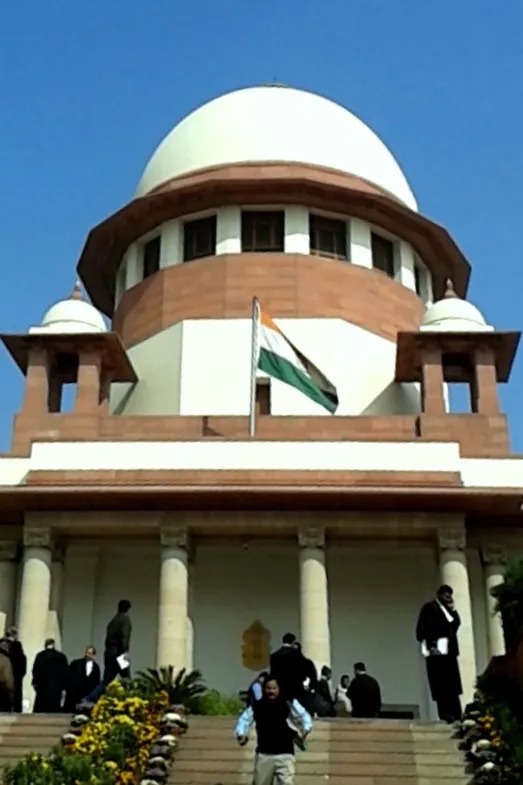@JUDGMENTTAG-ORDER
Bilal Nazki, J.@mdashHeard learned Counsel for the parties.
2. This writ petition is filed seeking a direction that the respondents should not give effect to the notice dated 28-12-2006 served on the petitioner on 13-1-2007.
3. The admitted facts of the case are that the property, which is sought to be attached and the notice which is issued pertains to the property, which was not the property of the Company, but was the personal property of one of the directors by name Amarnath, from whom the petitioner purchased it. The notice was issued admittedly on 28-12-2006, which was received by the petitioner, who is the subsequent purchaser of the property, on 13-1-2007. The petitioner purchased the property on 5-1-2007 from its erstwhile owner. The case of the petitioner is that since he had no knowledge that the property was liable to be auctioned for collection of the dues from the Company, therefore, he was a bona fide purchaser and the notice although issued on 28-12-2006 was only served on him on 13-1-2007, whereas the sale was effected on 5-1-2007. The property purchased by the petitioner did not belong to any Company, but it belongs to an individual, as such the impugned notice is bad and is liable to be struck down.
4. Mr. A. Rajashekar Reddy, the learned Assistant Solicitor General, appearing for the respondents relied on the proviso to Section 11 of the Central Excise Act, 1944 (for short "the Act") to suggest that even purchaser of the property, which had cloud, is liable for making good the dues to the department.
5. Proviso to Section 11 of the Act reads as under-
Provided that where the person (hereinafter referred to as predecessor) from whom the duty or any other sums of any kind, as specified in this section, is recoverable or due, transfers or otherwise disposes of his business or trade in whole or in part, or effects any change in the ownership thereof, in consequence of which he is succeeded in such business or trade by any other person, all excisable goods, materials, preparations, plants, machineries, vessels, utensils, implements and articles in the custody or possession of the person so succeeding may also be attached and sold by such officer empowered by the Central Board of Excise and Customs, after obtaining written approval from the Commissioner of Central Excise, for the purpose of recovering such duty or other sums recoverable or due from such predecessor at the time of such transfer or otherwise disposal or change.
6. On bare perusal of the proviso, it becomes clear that where a person from whom duty or any other sum of any kind is recoverable disposes of his business or trade in whole or in part, the subsequent owner shall be equally responsible for its payment. There can be no other interpretation to this proviso that it applies only where the transfer is of business or trade in whole or in part. It is an admitted case that there was no transfer of business or trade and the petitioner had only purchased the personal property of one of the directors of the Company. The Company being in arrears according to the respondents, as such, in our view, the proviso to Section 11 of the Act would not come to the rescue of the respondents since the private property has been sold by one of the directors of the Company and has been purchased by the petitioner bonafidely, without knowing that the director had any liability on account of the arrears of the Company of which he was the director. Therefore, the impugned notice cannot be sustained.
7. The writ petition is allowed and the impugned notice is set aside. No order as to costs.

